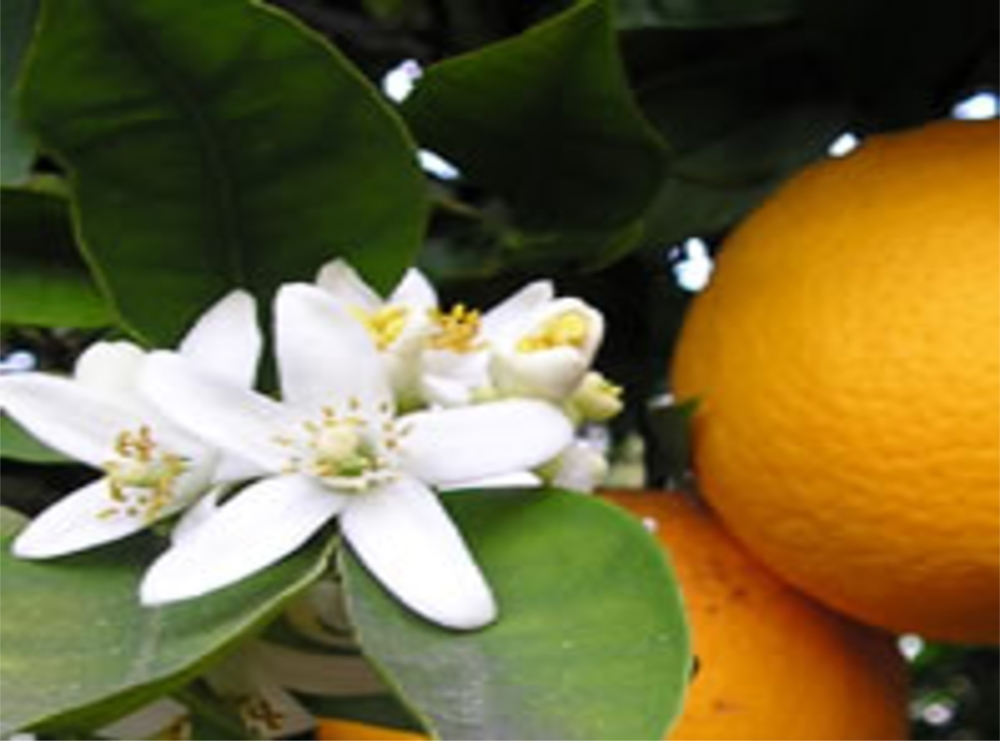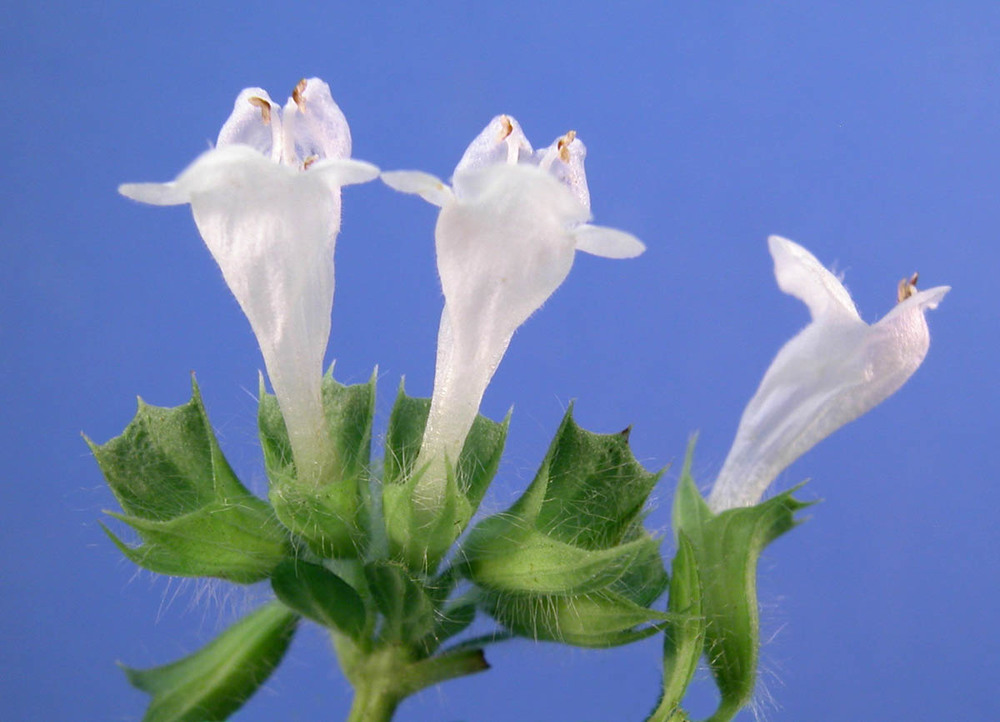Neroli: a calming oil
 Neroli essential oil is well regarded for its anxiety-relieving and calming actions. Neroli. like lavender, is dominated by the chemical component l-linalool. Linalool is a naturally occuring alcohol. These chemical components have a number of properties such as antiseptic and stress relieving. Alcohol substances in essential oils have good antiseptic and anti-viral properties as well as having uplifting qualities. Common examples include Linalool, which is a major constituent of Lavender and neroli.
Neroli essential oil is well regarded for its anxiety-relieving and calming actions. Neroli. like lavender, is dominated by the chemical component l-linalool. Linalool is a naturally occuring alcohol. These chemical components have a number of properties such as antiseptic and stress relieving. Alcohol substances in essential oils have good antiseptic and anti-viral properties as well as having uplifting qualities. Common examples include Linalool, which is a major constituent of Lavender and neroli.
Cho et al (2013) studied the use of aromatherapy in a coronary care ward. The purpose was to study the effects of a blend including neroli, lavender and roman chamomile on sleep anxiety and blood pressure. 56 patients were randomly allocated to either aromatherapy or conventional nursing care groups. The subjects in the aromatherapy group were given the oild to inhale ten times before their angioplasty (widening of the coronary artery, using a balloon catheter to dilate the artery from within) and ten times after the procedure. The results showed a significant lowering of anxiety in the aromatherapy group and improved sleep quality. In conclusion the aromatherapy oils used reduced anxiety and improved sleep quality for the patients.
Lee et al (2010) researched the use of aromatherapy to ease anxiety during colonoscopy procedures. 48 people who were undergoing colonoscopy in a university hospital were split into two groups. The experimental group inhaled a blend of essential oil with neroli, camomile, lavender and lemon through an aroma stone for 5 minutes before the examination. Then the aroma stone was put on the side of the pillow to spread the aroma scent in the room. The experimental group could inhale the aroma scent as soon as they came into the room and during the examination process. The control group received only standard nursing care. The study showed that the aromatherapy significantly decreased anxiety although it did not reduce the discomfort reported.
Lee et al (2011) looked at the potential for spousal aromatherapy massage to reduce pain and anxiety in labour. The subjects of this study were laboring women who didn't have any complications during pregnancy. This study was carried out from June to November in 2007. The aromatherapy oil blend included lavender, clary sage, frankincense and neroli. The subjects were allocated into three groups: spouse's aromatherapy group, spouse's oil massage group and control group. Aromatherapy massage and carrier oil massage (no essential oils) was applied for ten minutes every hour after the cervix dilated 5cm. The subjects in the control group were with their spouse during labour but no massage was used. The subjects recorded their anxiety and pain levels using a visual analogue scale. After statistical analysis the results showed that the spouse's aromatherapy massage using Lavender, Clary sage, Frankincense and Neroli could be effective in decreasing pain and decreasing anxiety level during labour.
Essential oils can be used effective for therapeutic results but care should always be taken, especially when receiving other medical interventions. It is important to seek advice before blending oils at home as the concentrations must be accurately calculated to avoid potential negative side effects.
For more information on the chemistry of essential oils click here.


